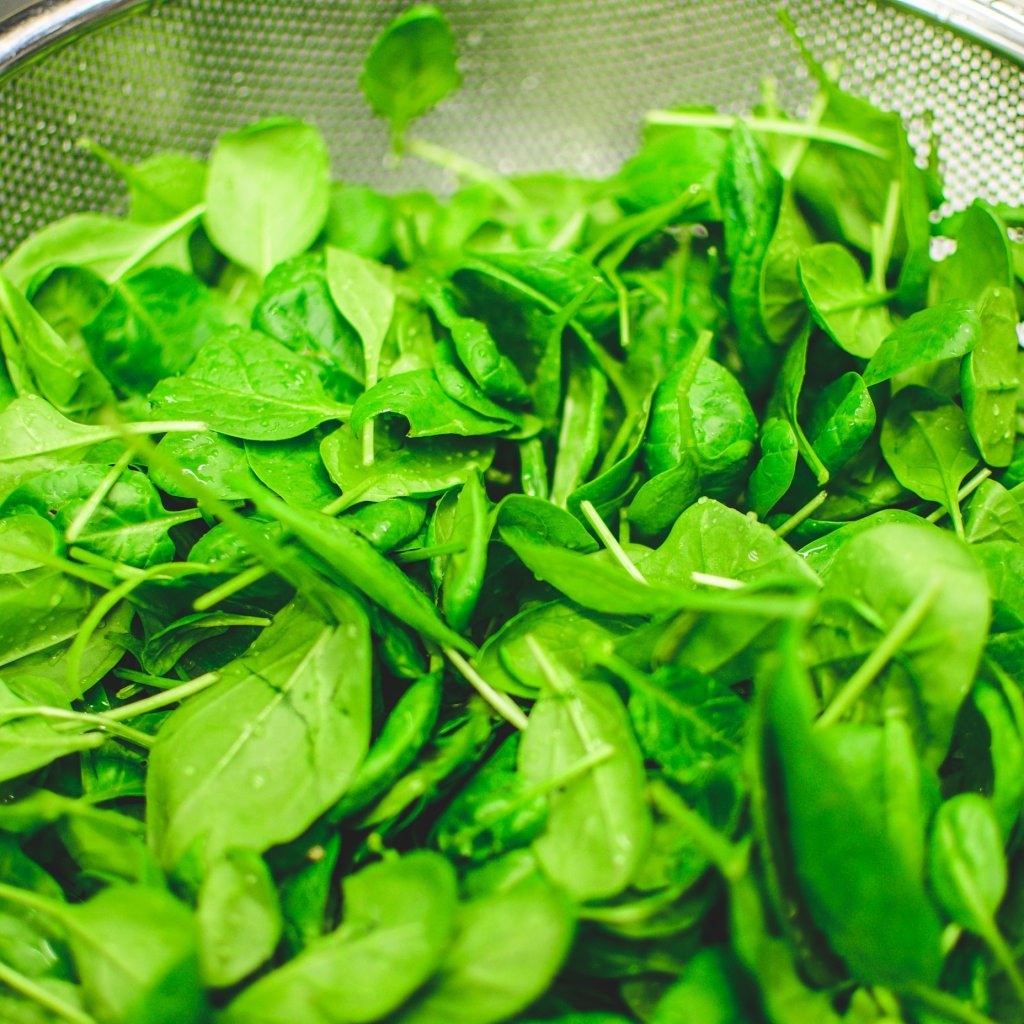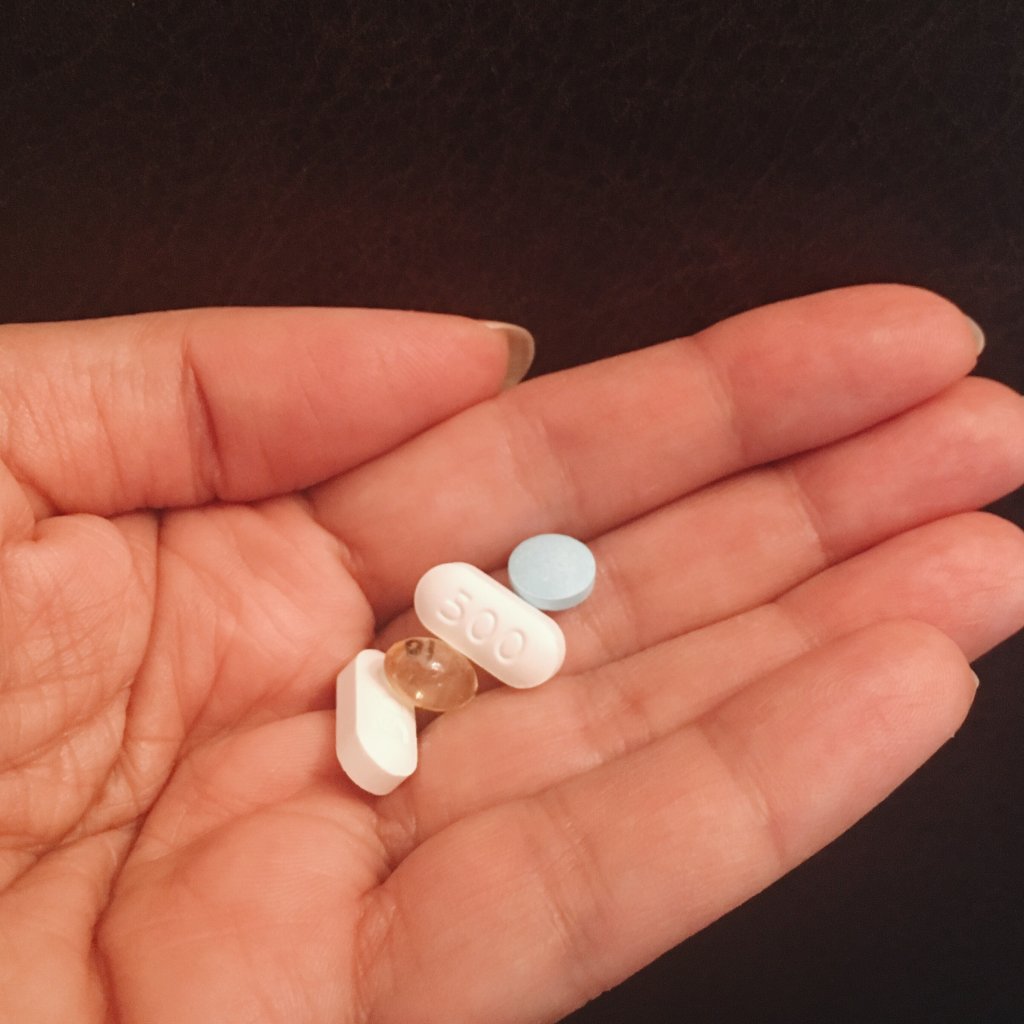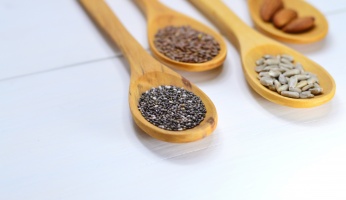Everything You Should Know About Potassium Deficiency
 Everything You Should Know About Potassium Deficiency
thegearhunt.com
Everything You Should Know About Potassium Deficiency
thegearhunt.com
There are many vitamins, minerals, and other nutrients that our bodies need to be strong and healthy. Potassium is one of those that if you have too much or too little, it can cause you serious health problems and concerns. Potassium in the body is essential for preventing strokes, breaking down the carbs in your body, maintaining body growth, and perhaps most importantly helping to maintain the fluid balance in your body as well. Potassium has many, many benefits for your health and body, but if you have too much it can lead to what is known of as hyperkalemia or if you are getting too little potassium it leads to a condition known of as hypokalemia. There are signs, symptoms, and warnings that you might be suffering from either one. If you feel that you have any of the symptoms we are going to talk about, it is best for you to contact your primary care provider for help as soon as possible.
In this blog, we are going to talk about the benefits to the body from the right amount of potassium, the symptoms of high and low potassium levels, and what you can do to ensure that you have the right level to keep you healthy and fit as a fiddle. With that in mind, grab a chair, pour you a drink, and let’s get started on our blog about everything you need to know about potassium, the deficiencies, and much, much more.
![]()
What is Potassium?
Potassium is one of the essential minerals that are vital for your cells to be functioning properly and is primarily responsible for the following:
- Nerve impulse transmission
- Muscle contraction
- The heart functioning normally
- Helps to prevent excessive fluid retention
- Helps to maintain proper PH in the body
- Helps the body to grow normally
- Helps build muscles
In other words, and layman’s terms, potassium is something that you really need in order to survive and be healthy. Below we will go into the top benefits of having potassium in your diet and foods that are rich in potassium for you to add to your diet.
Health Benefits of Potassium
Diets high in potassium lead to great health benefits for the person. Read on below for some of those benefits to be explained.
Reduces Blood Pressure
One of the biggest benefits of getting the right amount of potassium in your diet is that is said to reduce high blood pressure. Studies have shown that people with potassium-rich diets tend to have lower blood pressure than those who have high blood pressure and aren’t on a potassium rich diet.
May Protect Against Strokes
A rich potassium diet is thought to help protect against strokes as well. Studies have shown that those with a rich potassium diet have less of a risk of succumbing to a stroke than others.
Other Health Benefits of A Rich Potassium Diet Revealed
- Might reduce the risk of heart disease
- May decrease the risk of diabetes
- Helps to protect the kidneys
- Reduces the risk of kidney stones
- Is said to help defend against muscle mass loss
- Helps prevent osteoporosis
- And many more health benefits
Those are just a few of the health benefits that have been linked to having a diet that is rich in potassium. Next, we will talk about the types of foods you can eat to increase your potassium intake.

Foods That Are Rich in Potassium
You can’t expect to not have a potassium deficiency if you have no potassium in your diet. Below, you will find a list of foods that will help you solve that problem.
- Bananas
- Oranges
- Honeydew
- Apricots
- Grapefruit
- Cantaloupe
- Some dried fruits
- Sweet potatoes
- Potatoes
- Cooked spinach
- Broccoli that has been cooked
- Cucumbers
- Mushrooms
- Peas
- Pumpkins
- Leafy greens
- Zucchini
- Eggplant
There are also some juices that are a rich source of potassium as well. Those are listed below.
- Prune juice
- Tomato juice
- Orange juice
- Apricot juice
- Prune juice
- Grapefruit juice
Other Rich Potassium Foods
- Low fat or fat-free milk and yogurt
- Tuna
- Cod
- Trout
- Halibut
- Rockfish
- Lentils
- Pinto beans
- Lima beans
- Kidney beans
- Soybeans
- Molasses
- Certain nuts
- Some meat and poultry
- Wild rice
- Brown rice
- Bran cereal
- Whole wheat pasta
- Whole wheat bread
This is quite a list of foods that contain potassium that you should add to your diet. There are also plenty of potassium supplements out there that you might want to add as well. However, many people don’t even realize that they have a potassium deficiency until it’s almost too late. In our next section, we will go into the signs and symptoms to look for if you suspect that you have a potassium deficiency and what can be done about it.

Top Signs and Symptoms that You Might have a Potassium Deficiency
Potassium deficiency, also known as hypokalemia is a condition that you don’t want to have to deal with and can even be fatal if not caught in time. If you feel that you have a potassium deficiency, but just aren’t sure, you need to make an appointment with your primary health care provider right away for a diagnosis. In the meantime, there are some symptoms and a few signs listed below that you might want to look out for as well.
Fatigue and Weakness
Feeling weak and tired all of the time is a major sign that you might have a potassium deficiency. Since potassium is used to help contract muscles, a deficiency of it can cause weaker contractions leading to fatigue and weakness.
Muscle Spasms and Cramps
If you have low levels of potassium in your blood, you could have muscle cramps and spasms. Since potassium helps to stop and start muscle contractions, cramps can occur when the levels are too low for the potassium to help.
Digestive Issues
Low potassium levels can lead to digestive problems such as constipation, bloating and a slowdown of the digestive system altogether. Some studies have also shown that a serious deficiency in potassium can lead to a paralyzed gut, but that has not been proven to be fact as of yet.
Heart Palpitations
If your heart starts skipping a beat, fluttering or speeding up for no apparent reason, it could be many things. This type of activity with the heart is most commonly linked to anxiety or stress. However, it can also be a sign of not getting enough potassium. There are other reasons that you could be having heart palpitations as well, so you need to make an appointment with your primary health care provider right away if you keep having them for no reason.

Muscle Aches and Stiffness
If your muscles ache all of the time and you have a stiffness that you can’t explain, you may have a potassium deficiency that needs to be diagnosed. These symptoms are caused by a quick breakdown in the muscles and need to be taken care of as soon as possible.
Numbness and Tingling
Someone who has a deficiency of potassium may very well suffer from numbness and tingling in their hands, arms, feet, and legs. This is a normal occurrence every now and then, but if you find it happening regularly you need to see your doctor.
Difficulties with Breathing
Potassium works to help the lungs expand and contract, so if you have a potassium deficiency, you may find yourself breathing badly and not sure why. If this happens on a regular basis, there could be an underlying issue and since difficulties with breathing can be dangerous, you need to find out what the problem is right away.
Sudden Changes in Mood
Studies have linked potassium deficiencies to personality changes and mental tiredness as well. If you are just mentally drained and your mood changes suddenly without reason, you could very well have low potassium levels to thank.
These are a few of the signs and symptoms that you have a lack of the potassium you need. It is best to be checked out by your doctor, as many of these signs and symptoms can be indications that you have other problems as well. Below, we will go into a few of the top ways you can increase your levels of potassium and get you back to your normal healthy self in no time at all.
How to Increase Your Potassium Levels
Eat Potassium-Rich Foods
As previously stated, potassium-rich foods are great for raising those potassium levels to a healthy point. Add a few or all of the foods listed above to your diet and you should start to feel better soon.
Take Potassium Supplements
Taking a potassium supplement is also often recommended when you have low potassium levels. Make sure that you check the ingredients on these supplements carefully, however, just to be on the safe side.

Make an Appointment with Your Doctor
Making an appointment with your doctor is something that you should do if you are having any of the signs and symptoms above, especially if you are already eating potassium-rich foods or taking a potassium supplement. Your primary health care provider will be able to help you determine what the problem is and the right way to fix it.
These are a few of the signs, symptoms, and things you can do to help fix a potassium deficiency. Next up, we will talk about the signs and symptoms that you have too much potassium in your systems.
Signs and Symptoms of Too Much Potassium
Hyperkalemia or high levels of potassium are as dangerous to your health and low levels of potassium in the body are. Read on below for a few of the signs and symptoms that you are getting too much potassium for your own good.
- Being tired or weak all of the time
- A feeling of being numb or tingling all over
- Nausea
- Vomiting
- Pains in your chest
- Trouble with your breathing
- Irregular heartbeats
- Palpitations
If you experience any of these on a regular basis, it’s time to see your primary care provider for help.
Causes of High Potassium Levels
There are several things that can cause you to have high potassium levels. Those things are listed below.
- Kidney failure
- Internal bleeding
- Type 1 diabetes
- Addison’s disease
- Dehydration
- Certain drugs associated with chemotherapy
- ACE inhibitors
- An overuse of potassium supplements
- Certain kinds of trauma, such as burns or crush injuries
There are tests that can be done to see if you are at risk for high potassium levels, as in some cases not having the condition treated can lead to death. If you have any of the symptoms above or the conditions that can possibly cause high potassium levels, it is best to make an appointment with your doctor, as there are really no early warning signs that you need to see your primary health care provider. There are tests that can determine whether you are at risk for developing high potassium levels, so don’t wait until it’s too late to find out.
Potassium is a very important part of your bodies health and well being. Whether it’s low potassium levels or high potassium levels, it’s important that you get help to ensure that you get your levels back under control. As with anything else health related, it is best to consult your primary health care provider with any of the above signs and symptoms and before you decide to take any type of supplements or change up your diet, just to be on the safe side.
This concludes our blog on everything you should know about potassium deficiency and high potassium levels as well. If you have any symptoms or even a few signs of either, don’t forget to check in with your doctor, just in case there is an underlying condition causing your problems. Until next time, stay healthy, everyone!
Sources:
- Healthline: 8 Signs and Symptoms of Potassium Deficiency
- Healthline: High Potassium
- Healthline: How to Avoid Potassium Deficiency
















